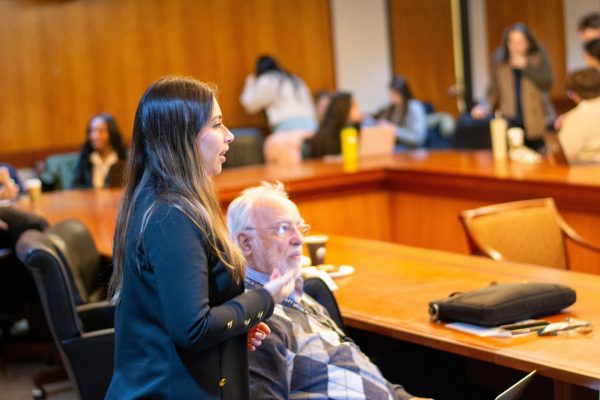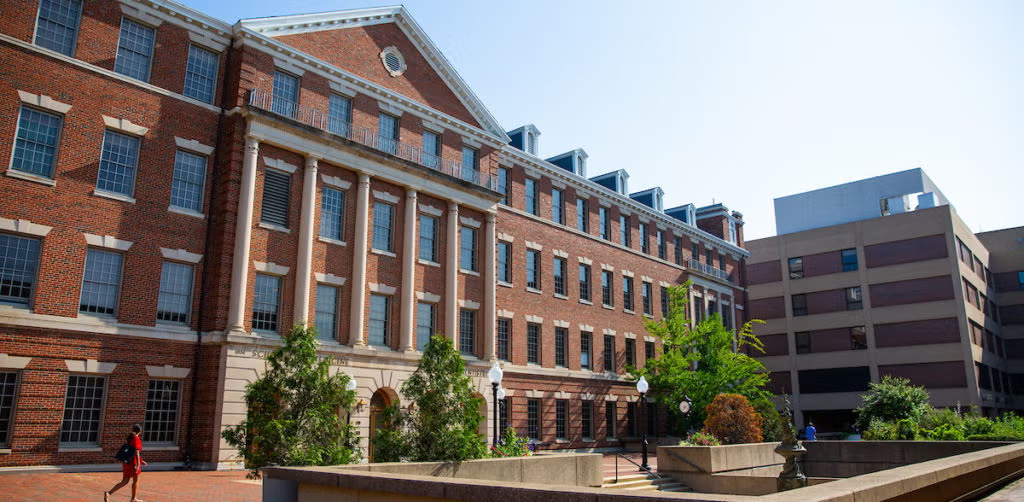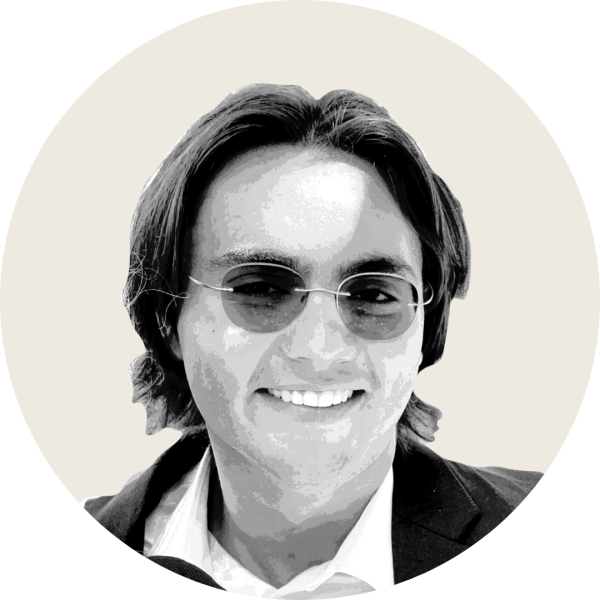The Georgetown University Biohazardous Threat Agents & Emerging Infectious Diseases (BHTA) program hosted its 12th annual Nuclear Security Summit on Dec. 4 and 5, calling for interdisciplinary research efforts in the space industry to combat biological damage from radiation.
The Nuclear Security Summit, which the BHTA program has hosted annually since 2013, centered around space radiation and science, highlighting risks of radiation, biological threats and research in space and the future of space travel. The summit featured experts across multiple disciplines, as well as short presentations from graduate students, with the goal of demystifying nuclear security and the space industry.
Tomoko Steen, director of the BHTA program and the summit’s main organizer, said the conference connected space exploration to nuclear science and highlighted necessary safety conversations regarding space.
“Commercial space is very good and exciting, but we need to think about the health of the people going up there,” Steen told The Hoya. “We do know of huge radiation effects, so for this summit, I brought people together who are working on space health.”
The summit included five main sessions across two days about biological responses to space radiation, space travel and the potential of life in space. In addition to experts, graduate students presented in six “lightning rounds,” shorter sessions about their own research in each of these areas.

Emily Spacone (GRD ’25), a student in the BHTA program and one of the summit managers, said she hopes the event showed attendees that nuclear security encompasses more than bombs and energy.
“We’re trying to bring all of these issues to attention on space radiation and the mitigation of radiation exposure, and give people a taste of all the new nuclear news, which gets lost in the news,” Spacone told The Hoya. “I want people to realize there’s more than missiles with regard to nuclear security. With space, the possibilities are endless, and I want people to understand how real this is.”
The summit also honored the late William Daddio, a professor of nuclear weapons and security in the BHTA program who was especially interested in space research until his passing earlier this year, according to Spacone.
Heath J. Mills — the chief scientific officer of Rhodium Scientific, a biotechnology company for the space industry — said the International Space Station (ISS) has unlocked new biological research opportunities by following the same principles of Earth biology without gravity and with space radiation during his talk, titled “Highlights of ISS Biological Research Projects.”
“In space you get microgravity — there is no gravity — and you also have a unique radiation environment that’s low-dose and always present,” Mills said during the event. “You combine those two different factors, those two different environmental stressors, and biology responds.”
Mills said researchers studying biology on the space station can use radiation to examine genetic shifts and genome changes.
“You get acclimated to this environment in the form of genetic shift, a genetic drift — the genome changes,” Mills said. “Identifying how it changes, why it changes, what’s that evolutionary pressure to those different changes, is what you want to study.”
Steen said the Nuclear Security Summit series was inspired by the 2011 Fukushima Daiichi nuclear disaster, a major nuclear power plant leak in Fukushima, Japan.
“I started organizing special panel discussions for different conferences right after 2011 for different countries to have a multidisciplinary approach to the nuclear issue,” Steen said. “That is key for me: bringing different experts to learn from each other and understand the case of the nuclear.”
Steen said her own interest in nuclear security came from her mother, who was a survivor of the United States’ 1945 atomic bombing of Nagasaki, Japan.
“I’ve been working on the biological effects of radiation since I was a child,” Steen said. “I was trained as a clinical pharmacologist, and every summer I went back to Nagasaki and dealt with patients who were survivors dealing with cancer.”
Spacone said she hopes attendees across disciplines were inspired by the summit to get more involved through their own interests.
“My life’s focus is definitely not space nuclear, but I just like to learn,” Spacone said. “We tried to get a lot of speakers who are an expert in one field and connect it to the space aspect, to the nuclear aspect. Hopefully these speakers will incite something in everyone, and people will do extra research on their own.”








